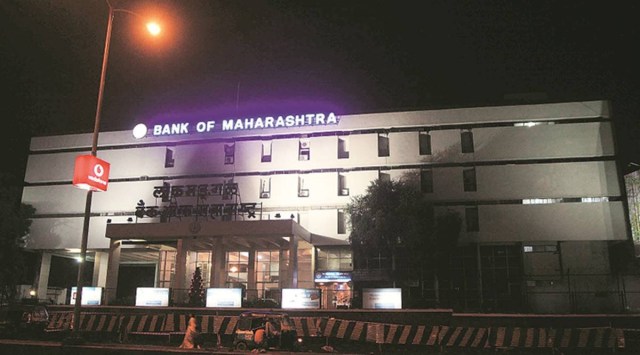Manoj More has been working with the Indian Express since 1992. For the first 16 years, he worked on the desk, edited stories, made pages, wrote special stories and handled The Indian Express edition. In 31 years of his career, he has regularly written stories on a range of topics, primarily on civic issues like state of roads, choked drains, garbage problems, inadequate transport facilities and the like. He has also written aggressively on local gondaism. He has primarily written civic stories from Pimpri-Chinchwad, Khadki, Maval and some parts of Pune. He has also covered stories from Kolhapur, Satara, Solapur, Sangli, Ahmednagar and Latur. He has had maximum impact stories from Pimpri-Chinchwad industrial city which he has covered extensively for the last three decades. Manoj More has written over 20,000 stories. 10,000 of which are byline stories. Most of the stories pertain to civic issues and political ones. The biggest achievement of his career is getting a nearly two kilometre road done on Pune-Mumbai highway in Khadki in 2006. He wrote stories on the state of roads since 1997. In 10 years, nearly 200 two-wheeler riders had died in accidents due to the pathetic state of the road. The local cantonment board could not get the road redone as it lacked funds. The then PMC commissioner Pravin Pardeshi took the initiative, went out of his way and made the Khadki road by spending Rs 23 crore from JNNURM Funds. In the next 10 years after the road was made by the PMC, less than 10 citizens had died, effectively saving more than 100 lives. Manoj More's campaign against tree cutting on Pune-Mumbai highway in 1999 and Pune-Nashik highway in 2004 saved 2000 trees. During Covid, over 50 doctors were asked to pay Rs 30 lakh each for getting a job with PCMC. The PCMC administration alerted Manoj More who did a story on the subject, asking then corporators how much money they demanded....The story worked as doctors got the job without paying a single paisa. Manoj More has also covered the "Latur drought" situation in 2015 when a "Latur water train" created quite a buzz in Maharashtra. He also covered the Malin tragedy where over 150 villagers had died. Manoj More is on Facebook with 4.9k followers (Manoj More), on twitter manojmore91982 ... Read More
Stay updated with the latest - Click here to follow us on Instagram









